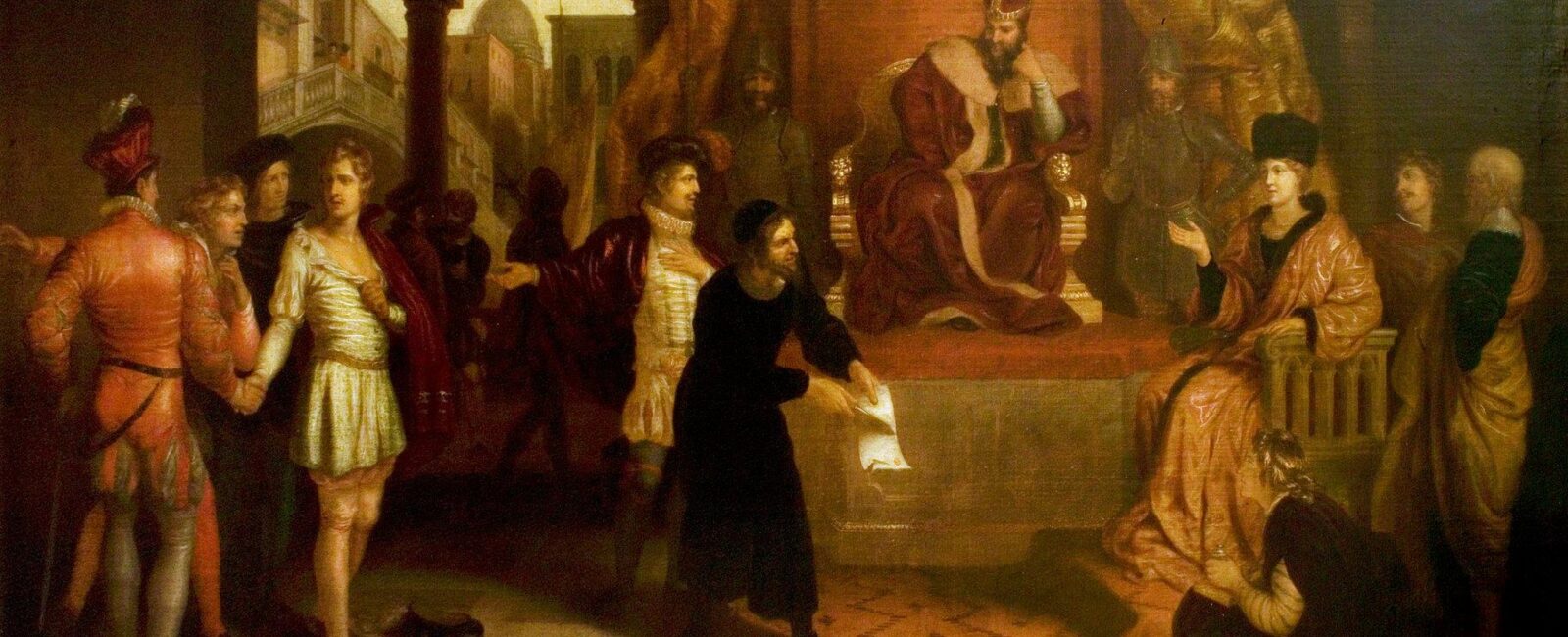Early in January 2020, a keen group gathered for an event at Cumberland Lodge that might at first look incongruous alongside the usual line-up of dialogues, panel debates, conferences and seminars. Events hosted by Cumberland Lodge should tackle the causes of social division and promote more inclusive societies, right?
This was the annual New Year literary retreat, an income-generating event for the Lodge, where participants and speakers focus on a single work of Shakespeare for three days – in this case, The Merchant of Venice – and, as I soon realised, it not only fits the Cumberland Lodge mission, but advances it.
Tackling social division
I find Cumberland Lodge events so refreshing because people dive right into the most difficult topics. Anti-Semitism anyone? Yes! The Merchant of Venice brought this current issue right into the heart of our conversations.
But there were no easy answers. Whilst 16th-century Venetian life seems incredibly harsh to our 21st-century sensibilities, we learnt that Jews were actually safer there than in the rest of Europe (notably safer than in England, which had formally expelled Jewish people in 1290).
The play invited us to consider the kind of safety that allows the influential nobleman Antonio to “void his rheum” (spit) on the beard of Shylock (the Jewish moneylender) in the morning, and yet ask him for a business loan in the afternoon. Is Shakespeare saying, ‘Thank you, but no!’ to the anti-Semitism he saw around him?
We discussed how the theme of ‘binding’ structures every relationship in The Merchant of Venice, including ‘the bond’ between Antonio and Shylock for the loan of 3,000 ducats. But Antonio is also bound to his relationship with the spendthrift Bassanio, by the power of the global financial system and by the vagaries of trade.
Does social healing come, then, from the heiress Portia’s famous ‘quality of mercy’? Some at the retreat remarked, ‘There is no mercy anywhere in this play!’
The Christian court of Venice may have spared Shylock’s life; but it also bankrupted him, upheld his daughter’s elopement (which he found so shameful), and forced him to be baptised. By doing all this, they condemned him to a marginal existence, outside of his former Jewish community.
Promoting inclusive societies
When looking for the wisdom that The Merchant of Venice might offer us today, it is important to consider the play that Shakespeare might have written instead.
Unlike his source material, in which a caricatured Jewish moneylender is unsympathetically defeated, Shakespeare invites us to pity Shylock. The play is almost asking, how would you feel if you were born in an oppressed people group, were forced to earn a living as a hated moneylender, and your own daughter betrayed and robbed you? Would you be driven by all this to anger, to hopelessness, perhaps even to mental instability?
Our reflections did not stop with empathy for Shakespeare’s characters. In my favorite moment of the retreat, several world-class actors and directors read through Act 1, Scene 3 in front of us, rehearsing as if they were preparing for a performance.
For 90 minutes we were treated to the inner psychology of these actors learning their parts. The players shared running commentary on how they, in the 21st century, found ways to understand and portray these characters and deliver Shakespeare’s lines from their own hearts.
Alongside this we considered a programme that helps inmates in modern prisons to stage Shakespeare’s plays. Is it dangerous for inmates to put on a play about murder, like Macbeth? No, in fact, they get it: performing Shakespeare in prison settings has proven transformative for many inmates, and the programme is expanding. Watch this space.
All in all, I found that Cumberland Lodge does Shakespeare like it does everything else: with an ear for small voices and an eye for spotting where the seeds of a better society might be starting to germinate.

